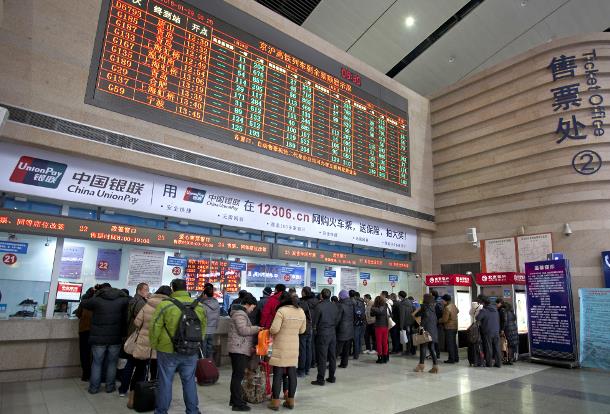Pinduoduo, a Chinese social e-commerce firm listed on NASDAQ, is digging deeper into the tourism industry by introducing its own air ticketing business.
At the moment, its flight reservation interface is rather subtle, buried inside the voucher center. ChinaTravelNews has also noticed that Pinduoduo only sells domestic flight tickets, at prices lower than those offered by Ctrip and airlines’ direct channels.
There were hints of Pinduoduo’s interest in the air ticketing business. In April, air travel B2B trading platform 51BOOK announced it would share inventories, airfare information, technological resources and supply chains with Pinduoduo in a strategic cooperation. 51BOOK would also provide one-stop full-service online ticketing on Pinduoduo. ChinaTravelNews learnt that Pinduoduo will officially launch the air ticketing service at its e-commerce festival on June 18.
Last September, Pinduoduo invited travel merchants to use its platform to sell itinerary services, tourist attraction tickets and short-haul tours, as well as accommodation deals from hotels, guest houses and inns. At the same time, it was recruiting talents for ground transportation and mobility. In December, Pinduoduo launched a railway ticketing service.
In recent years, internet portals that have built enormous traffic have been dipping their toes into tourism. They leverage their huge user base and diverse portfolio of offerings to improve user experience and monetize their traffic. The high unit prices of tourism products help contribute to their GMV (gross merchandise value) growth. It is the same case with Pinduoduo.
According to the company’s financial report for the first quarter of 2020, the number of its monthly active users hit 487 million. As of the end of March, the annual average consumption of active consumers was RMB 1842.4 (USD 258.25), up 47% year on year, mainly due to higher unit prices and repurchase rate.
However, some travel merchants who partnered with Pinduoduo told ChinaTravelNews that even though Pinduoduo charges almost no commission, the conversion rates are very low, as the platform lacks travel-focused users, and consumers are not accustomed to booking travel products on Pinduoduo.
With low margins at 2% or 3%, neither air ticketing nor train ticketing is a very profitable business. So Pinduoduo’s investments in transportation booking service may not bring great financial returns.
Profitability is not the only challenge that Pinduoduo will have to face, as China’s online travel market is already very crowded.
In the first quarter of 2019, Ctrip, Qunar and Fliggy together accounted for 73.84% of the online air ticketing market in the country.
Pinduoduo needs to raise its brand awareness as a travel service, instead of subsidizing the air ticketing business. Brands should drive low-frequency demand by advertising but boost high-frequency demand by subsidies, as suggested by Chuan Zhang, senior vice president of Meituan-Dianping, a Chinese group buying website for food delivery, hotel booking and other services.
Another challenge is that Pinduoduo’s users are mainly from lower-tier cities and the average transaction value is low, whereas frequent travelers have relatively high demand for air tickets and the prices are also high. These two user groups generally do not overlap.
Cross-over players need to build core advantages when entering a new field. For example, Qunar has carved out a market with its advantage in its metasearch platform, while Ctrip has quite a lot of experts and cutting-edge technology in the international air ticketing business.
In Pinduoduo’s case, it’s only move so far is connecting with the platform of 51BOOK.
Having said that, ChinaTravelNews has noticed that the ecommerce company has recently been recruiting travel-related talents, apparently to optimize the products of its train and air ticketing business.




